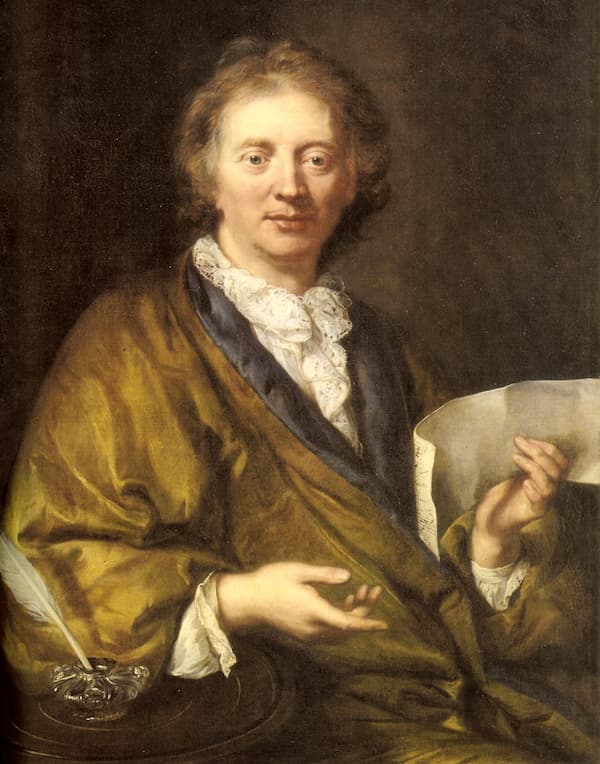 “Minors of the Majors” invites you to discover compositions by the great classical composers that for one reason or another have not reached the musical mainstream. Please enjoy, and keep listening!
“Minors of the Majors” invites you to discover compositions by the great classical composers that for one reason or another have not reached the musical mainstream. Please enjoy, and keep listening!
Have you ever listened to the opera The Tale of Tsar Saltan by Nikolai Rimsky-Korsakov? The opera itself is based on a 1831 poem by Alexander Pushkin, who in turn based it on a Russian fairy tale. Relying on the elements of realism and fantasy, Rimsky-Korsakov cast aspects of realism into a declamatory vocal style, while the fantastic elements are written in an illustrative instrumental manner. You might not have heard the entire opera, but I am sure you are familiar with the brief orchestral interlude that concludes Act III. Titled “Flight of the Bumblebee” it instrumentally describes how the magical Swan-Bird changes Prince Gvidon into a bee so that he can sting his wicked aunts and visit his father, the Tsar, and tell him that he is still alive. Known for his colorful mastery of orchestration, Rimsky-Korsakov is also known for his orchestral compositions Capriccio Espagnol, the Russian Easter Festival Overture, and the symphonic suite Scheherazade along with suites and excerpts from some of his 15 operas. A couple of years after Rimsky-Korsakov became Professor of Practical Composition and Instrumentation at the Saint Petersburg Conservatory he entered a competition held by the Russian Musical Society in 1876. He surprised everybody with a Sextet in A Major that failed to win the first prize. It did receive an honorable mention and was favorably described as a “youthful entertaining piece that is full of gaiety.” However, it also elicited the scorn of his fellow nationalists who thought he was throwing away his Russian heritage to compose fugue and sonatas. Privately, Tchaikovsky confided to his patron Nadezhda von Meck, “Apparently Rimsky-Korsakov is now passing through this crisis, and how it will end will be difficult to predict. Either a great master will come out of him, or he will finally become bogged down in contrapuntal tricks.” The Sextet was not published until four years after the composer’s death in 1912.
Nikolai Rimsky-Korsakov: String Sextet in A Major
You May Also Like
- Minors of the Majors
Antonín Dvořák: Silhouettes, Op. 8 Antonín Dvořák’s compositions for solo piano have been overshadowed by his great symphonies and other orchestral works, the operas and oratorios, the chamber music and even his four-hand piano pieces. - Minors of the Majors
Edvard Grieg: 25 Norwegian Folk Songs and Dances, Op. 17 Throughout his illustrious career as a pianist and composer, Edvard Grieg extensively drew inspiration from the musical sources of his native Norway. - Minors of the Majors
Johannes Brahms: Deutsche Volkslieder When Johannes Brahms published his folk song adaptations in seven booklets in 1894 he said, “It is the first time that I regard with tenderness that, which I have produced.” - Minors of the Majors
Manuel de Falla: Allegro de Concierto Manuel de Falla’s small oeuvre includes symphonic, instrumental, vocal and theatrical music.
More Anecdotes
-
 The Colours of Love: Couperin’s Dominos The secret language of colors at French royal balls
The Colours of Love: Couperin’s Dominos The secret language of colors at French royal balls - The Devil is a Woman
Eugene Aynsley Goossens and Rosaleen Norton From police raids to passionate letters, learn about the Goossens-Norton scandal - Day and Night with Rachmaninoff
A Close Look at His Symphonic Dances An epic battle between life and death -
 Haydn’s “Ox Minuet” A butcher, his daughter's wedding, and a composer's unexpected reward
Haydn’s “Ox Minuet” A butcher, his daughter's wedding, and a composer's unexpected reward


